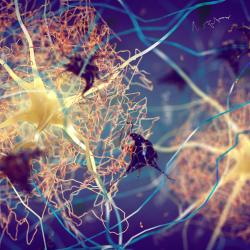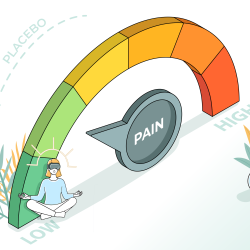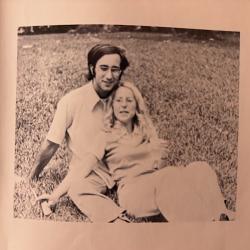Total Immersion
For Helen Cheung, B.S. ’15, General Biology, finding study partners who share her passion for science is a cinch—the eighth floor of LaPlata Hall is full of potential candidates. Cheung is among 54 participants in the Honors College’s Integrated Life Sciences (ILS) program, the campus’s newest living-learning program in which students with similar academic interests live in the same residence hall. “ILS is like a family,” says Cheung. “We help each other with any problems from solving homework questions to taking care of sick hallmates.”
Students in living-learning programs are more likely than their peers to experience a smooth transition into higher education and to build, maintain and utilize healthy social networks, according to a
national study of living-learning programs. “There’s an enormous synergy that can be accomplished with a living-learning program,” says Todd Cooke, ILS director and a professor in the Department of Cell Biology and Molecular Genetics. “Students are living and breathing scholarship in the classroom and in the residence hall. This is the first step in developing their professional networks.”
Launched in fall 2011, the CMNS-sponsored ILS program takes an interdisciplinary approach and explores how the fundamentals of life sciences apply to everything from nanotechnology to ecosystem analysis. “This is an extraordinary time in the life sciences,” says Cooke. “We are developing new genomic and mathematical tools for characterizing life and life’s processes, and we want to share this excitement with the next generation of life scientists.” Honors College Director and Physics Professor William Dorland adds, “ILS places Maryland’s most academically talented students squarely in the middle of rapidly growing, exciting fields of science.”
The program’s interdisciplinary nature attracts students like Tingrui Zhao, B.S. ’15, General Biology and Computer Science.
“During high school, I took chemistry and biology courses the same year, and it offered a glimpse into the value of connecting the dots between the disciplines,” says Zhao.
The two-year program includes accelerated courses in organismal biology, genetics and genomics, and biomathematics. Through active learning strategies, students design computer models of biological processes, work in small teams to solve problems, and create the equations for concepts such as fluid flow and diffusion. The goal is to help students develop the competencies and learning objectives outlined in HHMI’s Scientific Foundations for Future Physicians, which apply not only to pre-med students but to most undergraduate life science majors. “The ILS program serves as an incubator for educational reform,” says Cooke. “It’s a place to pilot courses that we hope to eventually offer to all students in the life sciences.”
In a capstone course, students develop skills to tackle current research problems, including mathematical modeling, interpreting scientific literature and using basic genomic tools. Working in small groups, they propose how they would address a modern challenge, such as the development of an HIV vaccine.
Students also pursue a research project on campus or at a local research institution. “With the university’s geographic advantage, we can place our students in internships where they learn about the discovery of new knowledge,” says Cooke, who is cultivating internship opportunities at world-renowned research facilities such as the National Institutes of Health, the U.S. Department of Agriculture, and the Smithsonian Institution.
College Park Scholars is yet another campus interdisciplinary living-learning experience for freshmen and sophomores. Students live in the Cambridge residential community, which includes offices and resource rooms for faculty advisors and mentors. “A large research university can be overwhelming to an 18-year-old freshman,” says Scholars Executive Director Greig Stewart. “The Scholars Program provides students with a place where they belong from the start of their college career.”
The programs feature special colloquia as well as supporting courses, which apply to students’ general education requirements. Sophomores complete a practicum in which they engage in an internship, research or service learning project related to the theme of their program, then present their experiences at an Annual Academic Showcase. Course- work guides students through the research process, teaching them to design and implement a scientific study.
Ryan Scully, B.S. ’08, Biological Sciences, a fourth-year medical student at George Washington University, says his Scholars education was instrumental in preparing him for medical school. “The Scholars colloquia began the molding process that helped me to become the person that I am today,” he says. “In treating patients, we are constantly reviewing medical literature to support or argue against specific diagnoses and treatments for patients,” says Scully, who plans to specialize in orthopaedic surgery. “The Scholars Program cultivated my critical and scientific thinking skills, which I now use daily to provide my patients with the best care possible using evidence-based medicine.”







